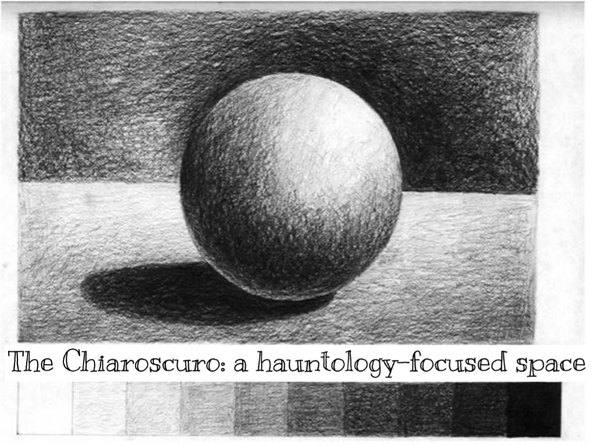A post by Bakir Ovčina
Friday, 17 May 2024
The Ghost of the Ottoman Scourge: Ottoman Hauntology and Dystopia in Socialist Yugoslav History Textbooks (1945–1990)
Thursday, 16 May 2024
Re-imagining the History of British Abolition: The New Historical Consciousness in Winsome Pinnock’s Rockets and Blue Lights
A post by Xiting Qiao
Introduction
Abolitionism, the movement that aimed to end the Atlantic slave trade and to free the enslaved people, was important in the historical development of countries in Western Europe and the Americas. Although the movement began earlier in France and Britain, the United States is written in the history of abolition to have played a more important role. From a historiographical perspective, the movement in the United States was more intense, as a backdrop to the American Civil War. Moreover, it operated in tandem with other social reforms, such as the Prohibition and women’s suffrage movements, thus adding the complexity. On a literary level, slave narratives, abolitionist fiction, and neo-slave narratives also constitute important genres in the African American literary canon, playing an ongoing role in opposing slavery, preserving historical memory, and documenting the progress of civil rights. In the 21st century, the neo-slave narratives produced by cultural industries (musicals, films, documentaries, etc.) have also occupied a central place in the representation of abolitionist history.
Wednesday, 15 May 2024
Mati Diop’s Atlantics: Towards a Border Hauntology?
A post by Nabil Ferdaoussi
Tuesday, 14 May 2024
Hauntology of Trash in Environmental Education
A post by Rangga Kala Mahaswa, Gloria Bayu Nusa Prayuda, and Luthfi Baihaqi Riziq
1 Introduction
In Postscript on the Societies of Control (1999), Gilles Deleuze argues that capitalism is geographically separated into first-world capitalism and third-world capitalism. First-world Capitalism is characterised by the absence of involvement in production, more about regulating the flow of surplus, signified by stocks, and offering services instead of products. The third world still maintains the old way of buying raw materials and selling finished products (Deleuze, 1999, p. 4). The levels of production, types of products capitalism offers, and geographical conditions, therefore, separate the first and third worlds. The term “Third World” itself has become bad connotative nowadays: it signified poor and developing countries starting in the Cold War period (Wolf-Phillips, 1987, p. 1313). The connotations “poor” and “developing” are a kind of stigma. Many countries have tried to overcome it to reach the ultimate stage: becoming a developed country using economic or educational policies. Indonesia is one of the many countries in the Global South that has attempted to become a developed country characterised by rapid economic growth.
Sunday, 12 May 2024
Remix Culture: the comfort of nostalgia in uncertain times
Like a Ghost Touched Your Heart: Burial’s Sonic Hauntology
A post by Edward Campbell-Rowntree
Sometimes you get that feeling like a ghost touched your heart, like someone walks with you.
— Burial*
-
A post by Sheng-Hsiang Lance Peng Hess (2021) contends that critical reconstructionism and abolitionism prompt us to critically assess and c...
-
Where (ghost)writers reside: launching note In the yore’s embrace, shadows convene, Chiaroscuro and hauntology, unseen. Echoes of epochs, in...
-
A feature piece by Lance Peng on Inal Bilsel With over two decades of experience in the music industry, Inal Bilsel has carved out a unique ...

